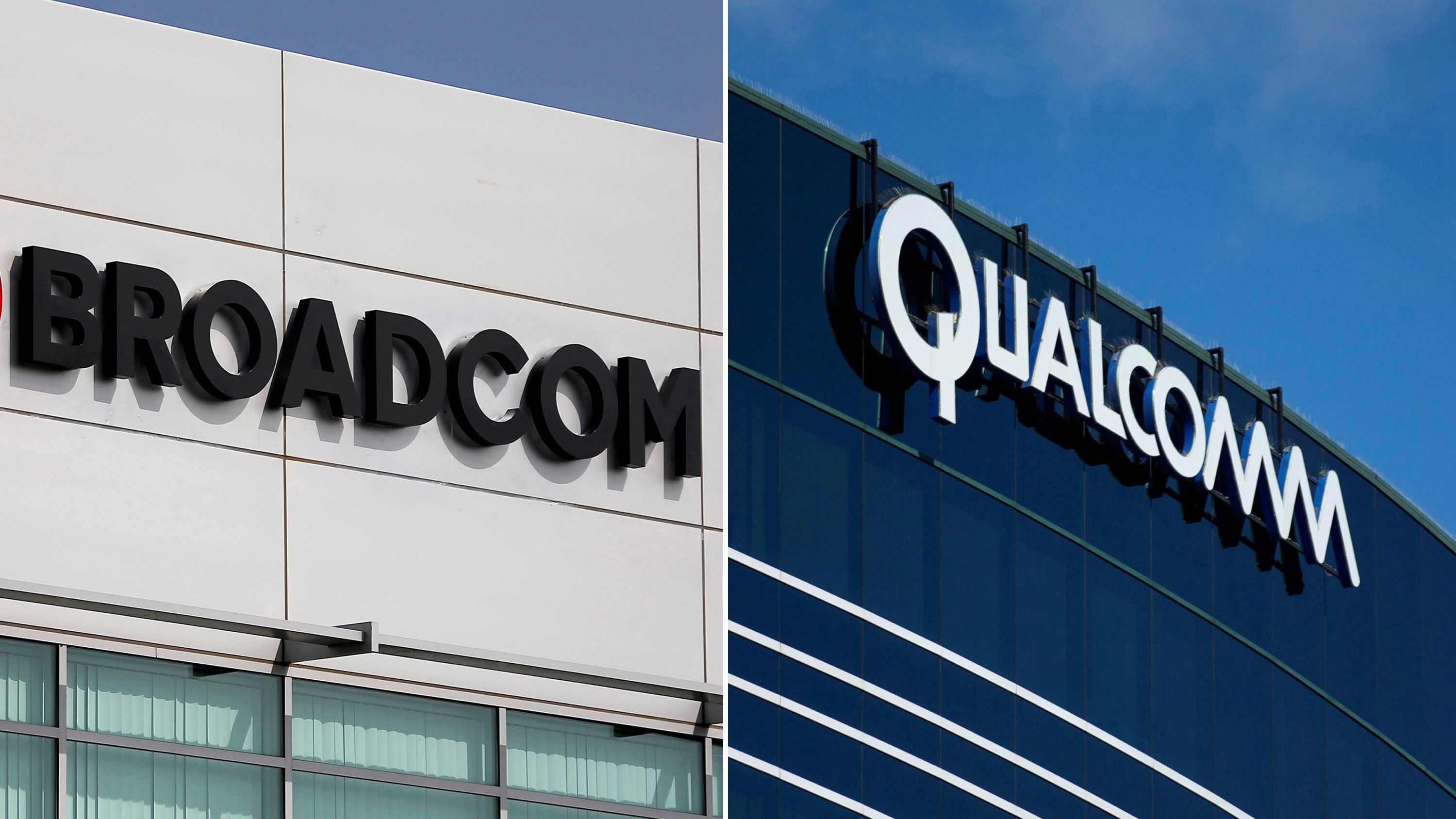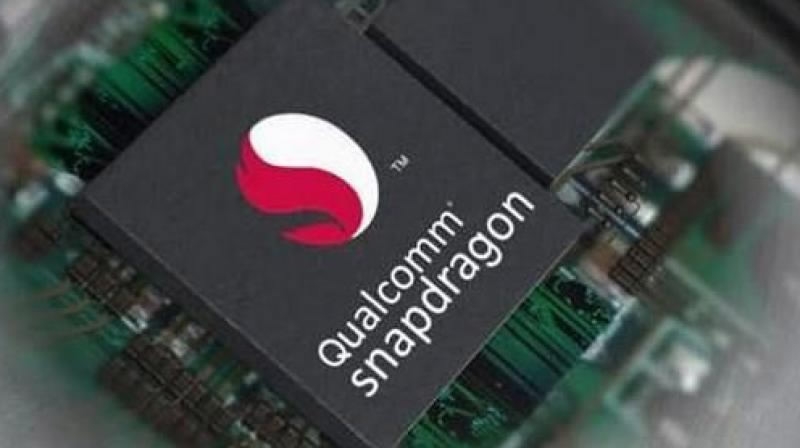
Business
11:14, 07-Nov-2017
Broadcom bids $103 billion in potential takeover of Qualcomm
CGTN

Chip maker Broadcom Ltd made an unsolicited 103 billion US dollar bid for Qualcomm Inc. on Monday, setting the stage for a takeover battle that could reshape the industry at the heart of mobile phone hardware.
Qualcomm said it would review the proposal but the San Diego-based company is inclined to reject the bid as too low and fraught with risk that regulators may reject it or take too long to approve it, said people familiar with the matter.
Broadcom Chief Executive Hock Tan, who turned a small chipmaker into a 100-billion-US-dollar company based in Singapore and the United States, said he would not rule out a proxy fight to convince shareholders to replace the board and accept the offer.
“We are well advised and know what our options are and we have not eliminated any of those options,” said Tan, who has pulled off a string of deals over the past decade.
“We have a very strong desire to work with Qualcomm to reach a mutually beneficial deal.”

/Reuters Photo.
/Reuters Photo.
A combined Broadcom-Qualcomm would become the dominant supplier of chips used in the 1.5 billion or so smartphones expected to be sold around the world this year.
Qualcomm shareholders, who have watched their investment sour over the past year in the face of a patent dispute with Apple, would get 60 dollars in cash and 10 dollars per share in Broadcom stock in a deal, according to Broadcom’s proposal. Including debt, the transaction is worth 130 billion US dollars.
“Now it’s a game of high-stakes poker for both sides,” said GBH Insight analyst Daniel Ives, who believes bullish investors were hoping for 75 to 80 dollars per share. The offer represents a premium of 27.6 percent to Qualcomm’s closing price of 54.84 dollars on Thursday.
Shares of Qualcomm, whose chips allow phones to connect to wireless data networks, traded above 70 dollars as recently as December 2016 and topped 80 dollars in 2014.
They rose 1.1 percent to 62.52 dollars, suggesting skepticism a deal would happen.
Broadcom shares rose 1.4 percent to 277.52 dollars after touching a record of 281.80 dollars.

/Reuters Photo.
/Reuters Photo.
Qualcomm sells modem chips that allow phones to send data as well as communications chips for automobiles that handle “infotainment” systems and wireless electric vehicle charging.
Qualcomm provides chips to carrier networks to deliver broadband and mobile data and is also in the process of closing a 38-billion-US-dollar bid for automotive chipmaker NXP Semiconductors NV that it made last year.
Broadcom, Qualcomm and NXP together would have control over modems, Wi-Fi, GPS and near-field communications chips, a strong position that could concern customers such as Apple and Samsung Electronics Co Ltd because of the bargaining power such a combined company could have to raise prices.
However, a combined company would also likely have a lower cost base and the flexibility to cut prices.
Tan added that if Broadcom acquires Qualcomm which in turn has acquired NXP, the combined company’s net debt could be in the range of 90 billion US dollars.
If Broadcom decides to make a hostile bid, Qualcomm’s governance rules would allow the rival to submit its own slate for the entire 10-member board by a December 7 nomination deadline.
Tan also has a history of cutting costs at acquired companies and Charter Equity analyst Ed Snyder predicted Tan would cut away waste at Qualcomm.
Broadcom plans to move its headquarters solely to the United States, which would allow it to avoid review by the Committee on Foreign Investment in the United States, which reviews foreign ownership of US assets.
Source(s): Reuters

SITEMAP
Copyright © 2018 CGTN. Beijing ICP prepared NO.16065310-3
Copyright © 2018 CGTN. Beijing ICP prepared NO.16065310-3